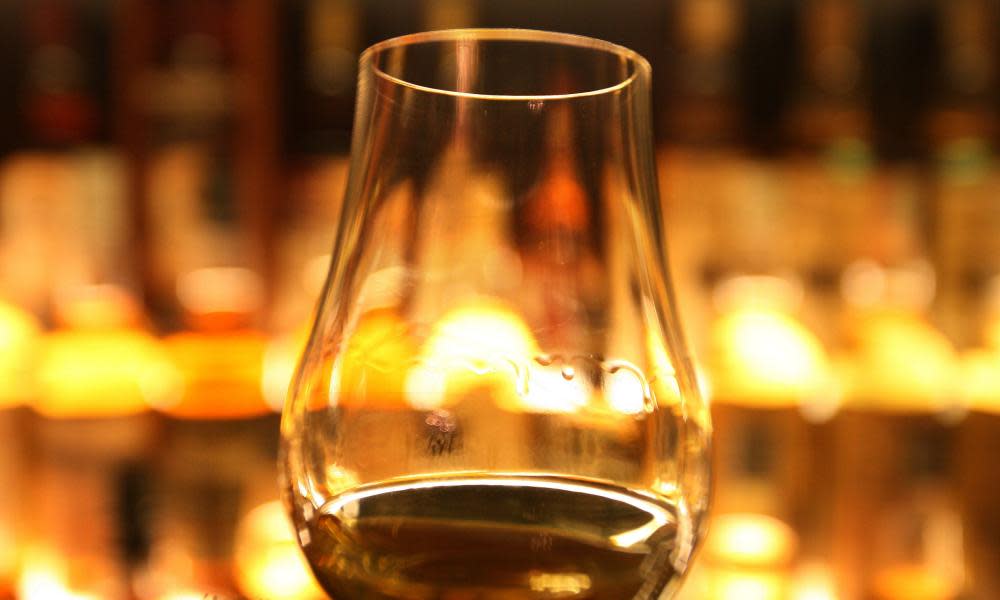Pills prescribed for alcoholism might not work, study finds

There is no magic pill to cure alcoholism, according to a scientific review of the evidence of five drugs being prescribed by doctors.
None of the five drugs has a body of reliable evidence behind it, say the scientists, even though one of the drugs, nalmefene, has been approved for use in the NHS by Nice, the National Institute for Health and Care Excellence. Another, baclofen, has generated huge excitement, especially in France, but has been linked to deaths.
The pills have been developed for people who have not stopped drinking completely and are intended to help them cut down, with a view to reducing the harm they are doing to their bodies.
But at best, says the study in the journal Addiction, the pills had a low- or medium-level effect on the amount people were drinking. The scientists looked at 32 double-blind randomised controlled trials representing 6,036 patients, published between 1994 and 2015. None of them showed any improvement in the health of those taking the pills, because they measured only the reduction in the amount of alcohol drunk each day.
The researchers looked at the trials carried out on nalmefene, naltrexone, acamprosate, baclofen and topimarate against placebos. So many people dropped out of the trials that 26 of the 32 studies – 81% of them – had unclear or incomplete outcome data.
Lead author Dr Clément Palpacuer from Inserm, the French National Institute of Health and Medical Research, said: “Although our report is based on all available data in the public domain, we did not find clear evidence of benefit of using these drugs to control drinking. That doesn’t mean the drugs aren’t effective; it means we don’t yet know if they are effective. To know that, we need better studies. Researchers urgently need to provide policymakers with evidence as to which of these drugs can be effectively translated into a real harm-reduction strategy.”
Concerns have already been voiced about the drugs. The first to be licensed in Europe was nalmefene, an opioid antagonist that acts on the urge to consume alcohol. But critics pointed out that the trials had not proved it reduced the harm alcoholics were doing to themselves.
That drug was later endorsed for use in the NHS by Nice, but against protests. In August last year, a review of the trial evidence led by the University of Stirling also in Addiction said that “evidence for the efficacy of nalmefene in reducing alcohol consumption in those with alcohol dependence is, at best, modest, and of uncertain significance to individual patients”. This created a dilemma for GPs and commissioners, it said, “where nalmefene has been heavily promoted”.
Baclofen is even more controversial. The drug has been given a provisional licence in France, pending the results of more trials, because it is being widely used. Yet a Dutch study last year said it may work no better than counselling and there have been reports of deaths.
Baclofen took off in France after the cardiologist Olivier Ameisen wrote a book called The Last Drink, describing how he had treated himself with the drug and cured his addiction. But the drug is given to alcoholics in large doses and there are side-effects which can be severe.
One of the authors of the new study, Florian Naudet of Inserm and the University of Rennes, said there were pointers, though not conclusive evidence, to the dangers. “A recent study raised concerns regarding the safety of baclofen, with more deaths observed in the treated group (7 of 162) compared to the placebo group (3 of 158),” he said in an email. A subsequent study published by France’s medicines safety agency drew attention to the risk.
“In particular, the risk of intoxication, epilepsy and unexplained death [on the death certificate] increases with the dosage of baclofen,” it said.

 Yahoo News
Yahoo News 
